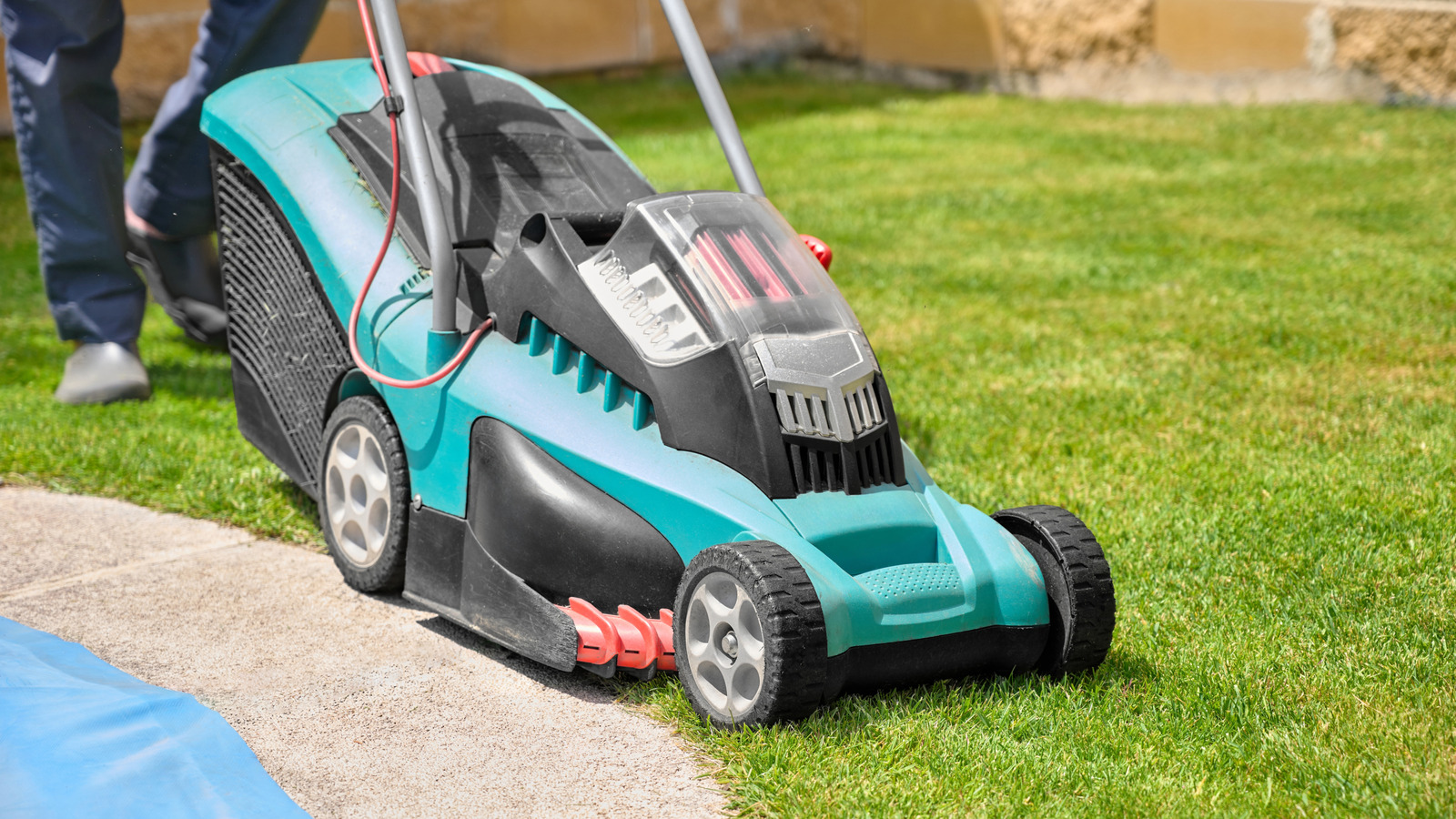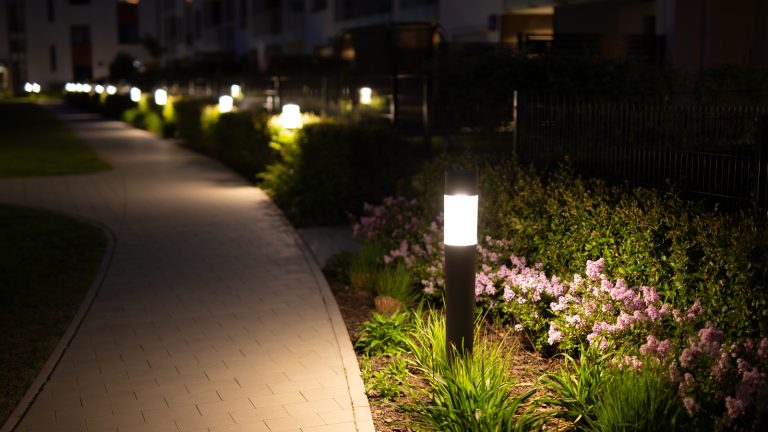
Electric lawn mowers have become very popular in recent years. Once considered an odd sight on your everyday Saturday morning stroll through the neighborhood, many people now believe they’re the ideal way to mow a lawn. And while it’s hard to argue that a battery-powered lawn mower’s comparably quiet volume is a big perk over their gas-powered ancestors, many are hesitant about splurging on these new(ish) kids on the block. Do they hold up? Are they worth it? Are they truly better for the environment? And how do they work, anyway?
Well, to start with the last question, the answer is lithium-ion technology. That added power, as well as improvements in electric motors, have made battery powered lawnmowers not only possible, but for many homeowners, practical. And as far as environmental impact, yes, using one of these is clearly better than a gas model. An electric lawn mower produces no pollution during use. No exhaust fumes to stink up your yard or clothes. Recent reports have found that the combined impact of gas-powered tools working on yards (and other kinds of landscaping) puts 68 million tons of nitrous oxide — and 30 million tons of carbon dioxide into the air per year – which is a significant contribution to air pollution, and a decent reason to use a battery-powered lawn mower unto itself. On the other hand, to be fair, the mining required for lithium, cobalt and nickel used to make the batteries can have negative environmental effects, as well.
That said, environmental aspects aside, let’s take a closer look at the pros and cons of owning (and using) these machines.
The pros: Battery-powered lawnmowers are a lot easier to maintain
Battery-powered lawnmowers are lightweight and easy to use. Compared to gas-powered lawnmowers they are extremely quiet, making them more neighborhood friendly. You can mow your lawn early in the morning or late at night without waking people up. Another positive is that their power source is rechargeable at home, so no trips to the gas station, and no storing a dangerous gas can of flammable liquid around your home. They also start at the push of a button, so you won’t be yanking on a cord (and endangering your shoulder joint) ever again.
Maintenance for battery-powered lawnmowers is much less involved compared to gas-powered lawnmowers, as well. We’re talking no sparkplugs or oil to change, no air filters to replace or carburetors to adjust. Basically, you just keep your lawnmower clean and take care of the battery properly. You can also purchase a good quality battery-powered lawn mower at a reasonable price, so cost shouldn’t be an obstacle here.
The cons: Battery-powered lawnmowers have less power (& need frequent recharging)
What is the biggest downside to electric lawnmowers? Well, simply enough, batteries run out of power … and then you need to recharge them. Sure, there are ways to extend the life of power tool batteries, but this will always be an issue. Charging a lithium-ion battery can take up to four hours (less for some brands). You can minimize that problem by having more than one battery ready to go, but that brings up another downside — these batteries are expensive. And while one battery generally comes with a lawnmower purchase, the second one is often all on you. Also note that batteries, even when well taken care of, will not last forever. You’ll have to charge and store your batteries in accordance with the manufacturer’s instructions. Just how long a battery lasts before it needs recharging varies tremendously based on the mower and battery.
Do note that clever consumers stick to a specific family of tools that all use the same batteries, making having more than one battery on hand more practical and affordable. This negates that problem a bit.
Another con in the list of pros and cons is that battery-powered lawnmowers generally have less power than gas-powered lawnmowers. Chopping down a field of knee-high weeds will wear a battery out in a hurry. As with every lawnmower, you will need to safely sharpen the lawnmower blades, but this is even more imperative with battery powered lawnmowers: A sharp blade uses much less power to cut the grass, so a sharp blade can mean the difference between mowing your whole lawn with one battery or having it go dead halfway through. Frustrating? You bet.
Top 3 battery-powered lawnmower options to consider
With electric lawnmowers, there are specific things to look for, regardless of brand — and that starts with power. A 40-volt battery has more power than 20-volt battery. So, budget allowing, get the most power you can afford. Another consideration is support. Does the brand take care of its customers? Can you easily get parts, batteries, and accessories for your lawnmower? There are many, many battery-powered lawnmowers available to purchase, some under $100, others over $2,000!
The first one we’d recommend is the Ryobi 40V HP Brushless 20 in. Cordless Electric Battery Walk Behind Self-Propelled Lawn Mower with 6.0 Ah Battery and Charger. Their 40-volt, 6 amp-hour battery is paired with a brushless motor, considered the best motor technology available. This one is available at Home Depot for about $275 with a limited 3-year warranty. It is great value and there are a host of other Ryobi tools that run on the same battery platform. Secondly, consider the Makita XML03CM1 36-volt lawnmower. This unit runs on two 18-volt batteries, with a run-time of up to 60 minutes. Like the Ryobi, Makita has a large number of power tools that use their 18-volt batteries. An ultra-quiet machine, you can purchase it with four batteries included for under $500.
Finally, also consider the Black & Decker CM1640, 40-volt MAX cordless electric mower. It’s sold with two batteries. The machine is lightweight at 38 pounds making it easy to maneuver. Like Ryobi, it is a consumer brand with additional tools that run on the 40-volt system. Buy it for less than $400.






